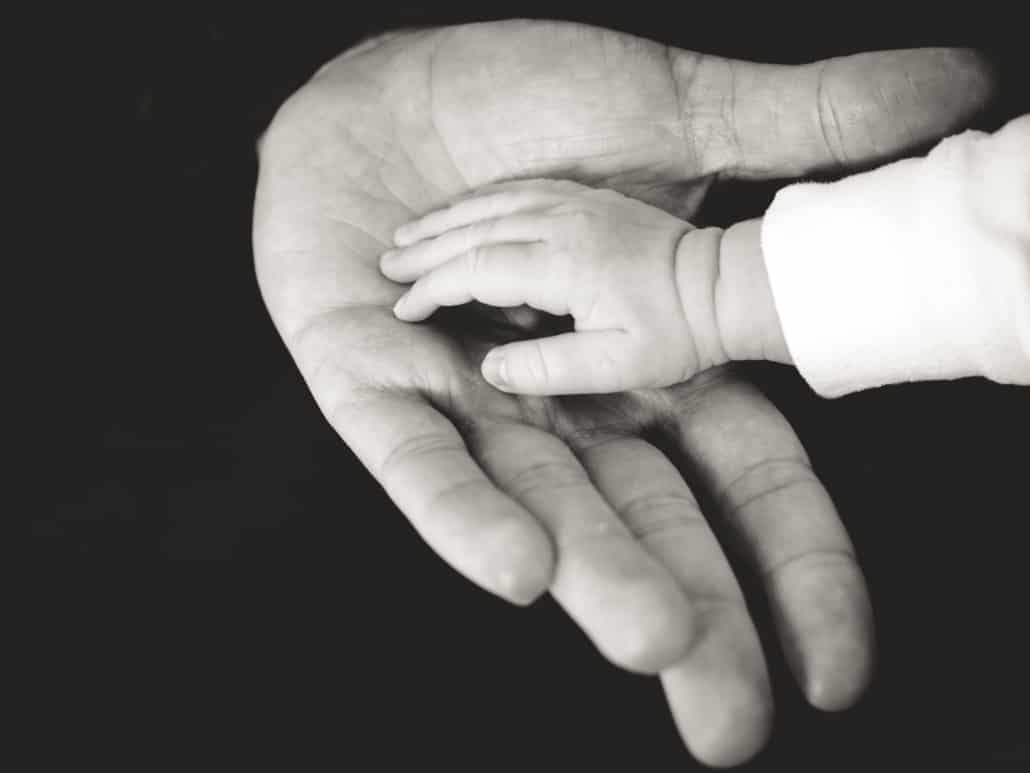What Are Grandparents Rights In Child Custody?
As the grandparent of a child whose parents are going through a divorce, many questions can be raised. Will the grandparents be able to maintain visitation of the child? In some cases, if the parents are unfit, can the grandparents be granted full custody? What about joint custody? Lonich Patton Ehrlich Policastri are experienced family law attorneys with knowledge in grandparents rights. Getting the help of a trusted attorney can give you peace of mind and guide you through this challenging time.
Grandparents Rights: Visitation
A grandparents rights to visitation vary state to state. In San Jose, the option for visitation is granted only under specific circumstances. If the parents live separately, are unmarried or a child does not live with either parent or is in the individual care of a step parent, visitation rights may be requested. They may also request visitation if a parent is deceased or if one parent has not been found for over a month. Parents can petition for a grandparent to have visitation rights. If at least one parent agrees to visitation, California courts will consider it. The parents can also refuse visitation rights. If both parents decide they don’t want the grandparents to have visitation, courts will usually determine it is not in the best interest of the child despite any bond that has been formed with the child.

Joint Custody
If you live in San Jose and are seeking joint custody of your grandchild, the good news is it’s possible. Lonich Patton Ehrlich Policastri Family Law can help you gain joint custody. So, when can a grandparent try for joint custody? If custody to a parent/ parents is proven to potentially harm the child, primary custody to a non parent may be awarded. California also operates under the policy of the best interest of the child. If it is proven to be in the best interest of the child to live with their grandparents, joint custody is possible. At the end of the day, it comes down to a stable, safe environment for the child to be raised in.
Full Custody
This is more complicated as California courts typically like to keep parents and children together. There are specific cases where a child may be placed in the full care of a grandparent. For example, if the parents of the child have died, custody may be granted to grandparents. As with joint custody, if parental custody is deemed unsafe or not in the best interest of the child, custody may be granted to a non parent. Parents can also grant full custody to the grandparents or lessen their chance at custody if the child has lived with the grandparents for over a year.

Grandparents rights are circumstantial and very complicated. It’s best to acquire the help of an experienced family law attorney such as those at Lonich Patton Ehrlich Policastri. Get a free 30 minute consultation to go over your options. You don’t have to face this situation alone.
Please remember that each individual situation is unique, and results discussed in this post are not a guarantee of future results. While this post may detail general legal issues, it is not legal advice. Use of this site does not create an attorney-client relationship.

